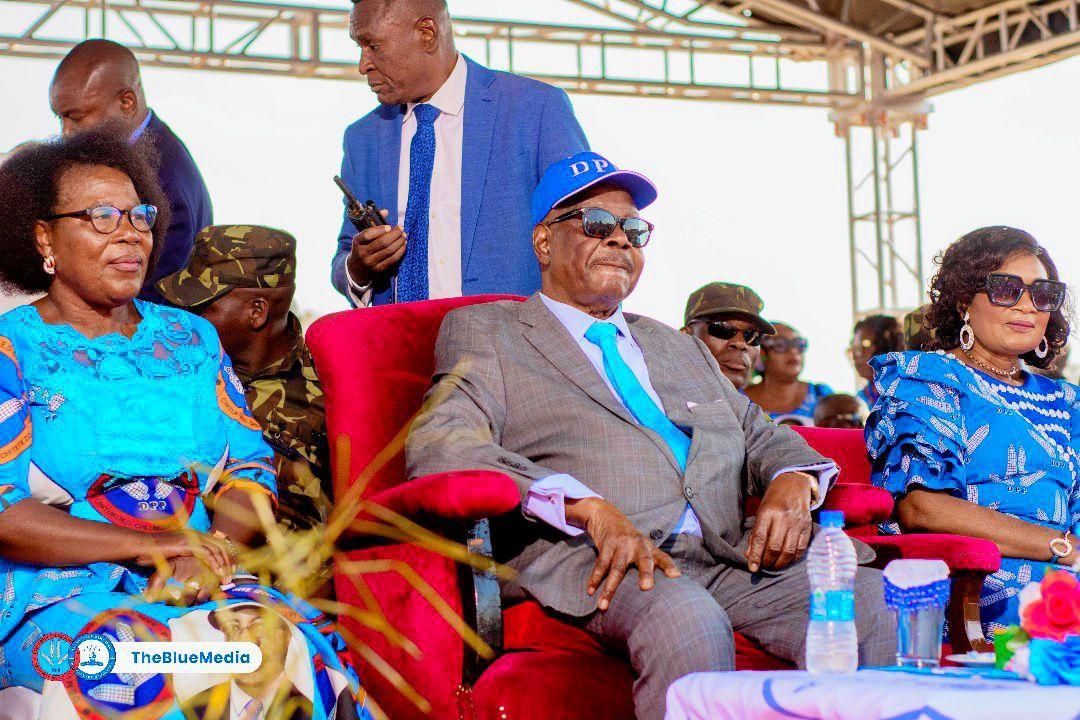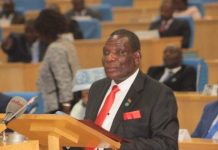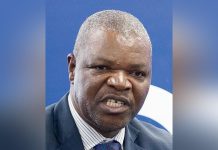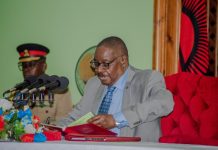Africa-Press – Malawi. Malawians are reacting with shock and frustration after the Mid-Year Budget Review revealed that State House has received one of the biggest funding increases at a time when the economy is weak and families across the country are struggling with rising prices.
The new figures show that State House will receive an extra K22.6 billion, pushing its total allocation to K89 billion for the 2025/26 financial year. This represents a 34 percent increase from the original K67 billion, which government officials earlier claimed had been exhausted within the first six months of the financial year.
The Office of the President and Cabinet has also received a major boost, with an additional K7 billion, while the Office of the Vice-President rises from K8 billion to K11 billion, representing a 37.5 percent increase. These jumps, which heavily favour the presidency, have angered governance experts and raised questions about the government’s spending priorities.
Meanwhile, essential public services have received far smaller increases. The health sector, which has been battling drug shortages in both district and central hospitals, will only receive an extra K17 billion—about nine percent more than its previous allocation. Government wages and salaries will increase by K98.5 billion or 6.4 percent, with the rise mainly meant to pay for new recruits in the security agencies, education and health, promotions of primary school teachers, and higher allowances for chiefs.
Social benefits such as pensions have seen a dramatic rise, with an additional K325.6 billion pushing the total from K286.3 billion to K611.9 billion. Government says this is intended to help clear the long queues of retirees waiting to access their money. However, while social benefits have gone up, the development budget has gone down. Malawi’s development spending has been reduced from K2 trillion to K1.9 trillion because development partners have released less funding than was expected.
One of the biggest surprises in the review is the massive increase towards the Farm Input Subsidy Programme. Despite its repeated failures to reduce hunger, the programme has been given an extra K112 billion, taking its total allocation to K241 billion.
Finance Minister Joseph Mwanamvekha said government increased the allocation because the number of beneficiaries has grown to 1.1 million. He said the money will be used to buy fertilizer and other inputs as well as cover logistical costs. The National Food Reserve Agency has also been allocated K20 billion more to buy maize and restock Malawi’s strategic grain reserves.
But governance watchdogs and economists have strongly criticised these choices.
Willy Kambwandira from the Centre for Social Accountability and Transparency said the large increases to State Residences and the underperforming FISP show how misplaced Malawi’s priorities have become. He said the decision to give more money to the presidency creates the impression that the comfort of senior officials is being prioritised over the suffering of ordinary Malawians.
He further argued that continuing to pour money into a fertiliser programme that keeps failing is like “throwing resources into a leaking bucket” at a time when citizens are dealing with high prices, poor services, and worsening food insecurity.
Economists have echoed these concerns. University of Malawi lecturer Gowokani Chirwa warned that the extra allocations are focused more on consumption than on creating growth. According to him, the revised budget will likely fuel inflation rather than help the economy expand.
Mzuzu University economist Christopher Mbukwa also observed that the budget, while appearing pro-poor, has prioritised spending that does not contribute to production in the short term. He said that none of the major allocations in the review are positioned to stimulate economic growth, because growth is driven by investment in sectors that produce goods and services, not by recurrent spending on residences and social consumption.
The Mid-Year Budget Review has therefore sparked a national debate about government priorities at a time when Malawians are tightening their belts. Many fear that the increased spending on the presidency and other non-productive areas may worsen inflation, weaken essential services, and delay the country’s economic recovery.
For More News And Analysis About Malawi Follow Africa-Press






